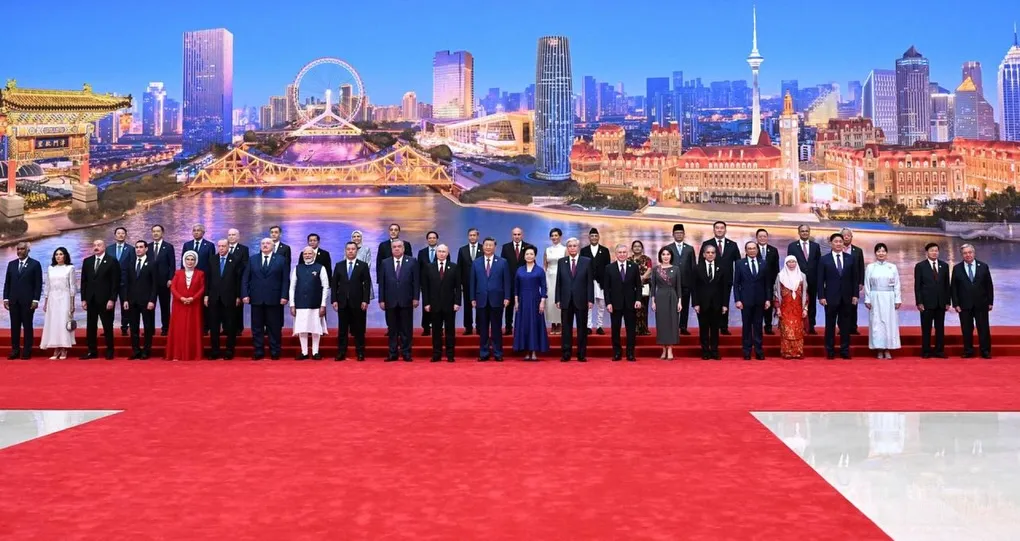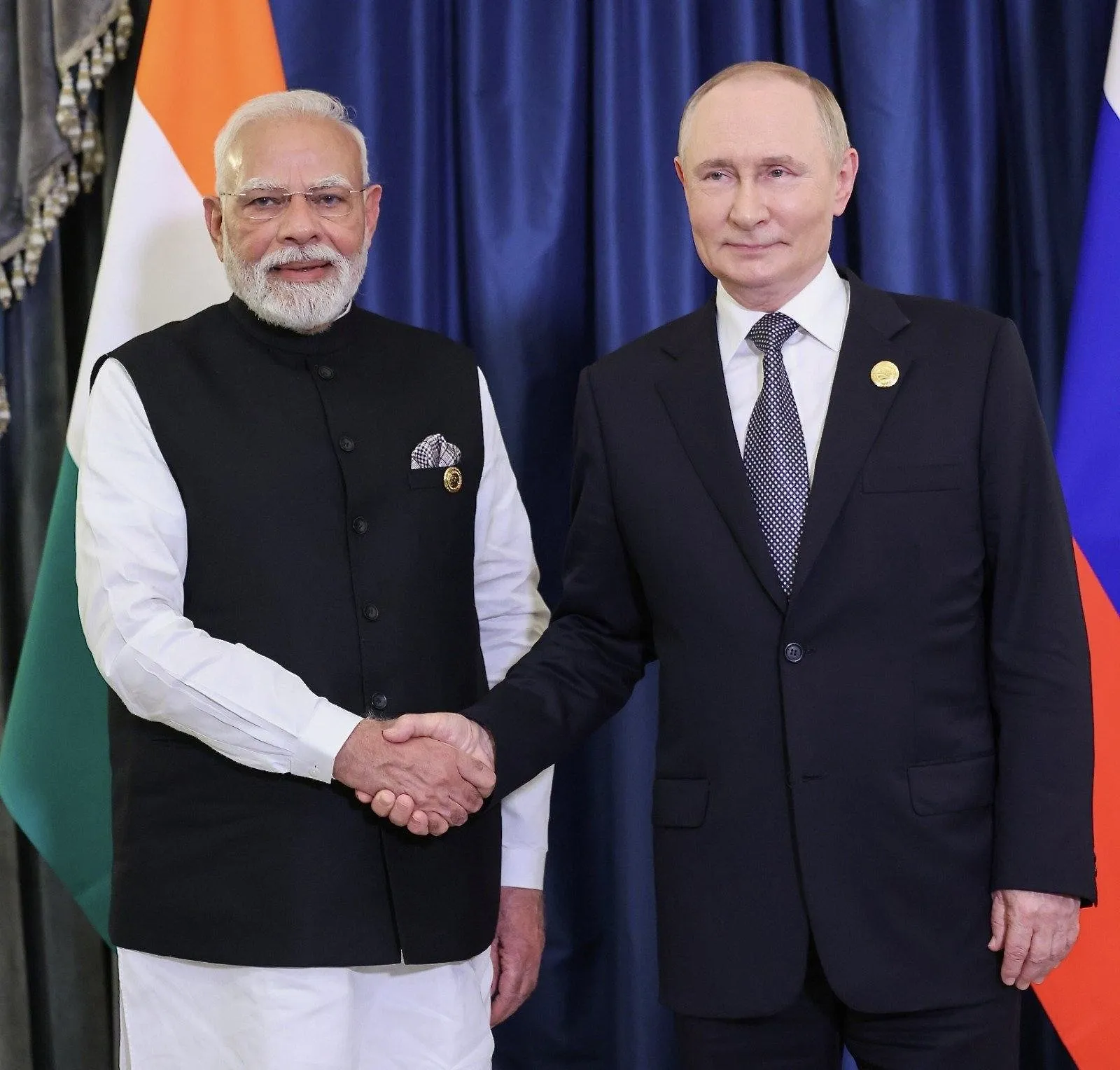
Tianjin, China - The global order is shifting — not gradually, but in sharp, visible steps. The latest meeting between Russian President Vladimir Putin, Chinese President Xi Jinping, and Indian Prime Minister Narendra Modi in China’s port city of Tianjin was more than a diplomatic photo opportunity. It was a statement: the era of U.S.-led unipolar dominance is over, and a multipolar world is emerging.

At the same time, pressure points are building in regions long known for their volatility — none more so than the Balkans. While much of the world’s attention is fixed on Ukraine and Taiwan, the fault lines of history are rumbling in Southeastern Europe, and major powers are positioning themselves accordingly.
The Balkans have a long history as the ignition point for wider conflicts. In 1914, Austria-Hungary’s invasion of Serbia lit the fuse for World War I. In the 1990s, ethnic violence and NATO intervention brought the region back into global headlines.
Today, the region’s unresolved tensions remain raw. Serbia still refuses to recognize Kosovo’s independence, NATO maintains a significant presence in the area — including its large Camp Bondsteel base in Kosovo — and nationalist rhetoric is on the rise. Local memories of NATO’s 1999 bombing campaign, which targeted Belgrade and other Serbian cities for 78 days, remain vivid and bitter for many residents.
Serbia has drawn closer to Hungary, itself a politically controversial member of both NATO and the EU. Meanwhile, leaders in Bosnia’s Serb-majority areas have openly discussed aligning more closely with Belgrade, a move that would be supported by Moscow and opposed by NATO.
The renewed focus on the Balkans is not happening in isolation. It’s part of a wider game involving the world’s most influential players:
Each actor views the region as a chessboard square critical to energy routes, military positioning, and political leverage.
The geopolitical spotlight is not just on the Balkans. At the Shanghai Cooperation Organization (SCO) summit, Russia, China, and India — representing half the world’s population and controlling vast energy and mineral resources — signaled unity in reshaping global governance.
They discussed bypassing traditional Western-led institutions like the IMF, establishing alternative financial systems, and cooperating on energy, technology, and infrastructure projects. China even offered SCO members access to its BeiDou satellite navigation system — a direct alternative to U.S.-controlled GPS.
The message was clear: the U.S. model of global leadership is being challenged by a coalition with the capacity to operate outside its reach.
In recent years, Washington has sought to contain Russia, curb China’s rise, and keep India within its strategic orbit. But policy moves have sometimes had the opposite effect:
The U.S. remains militarily engaged in Ukraine, while also signaling involvement in other geopolitical hotspots — including Venezuela — that many analysts argue have little direct strategic benefit.
Beneath the political maneuvering lies a simpler truth: the fight for resources remains central to global power. Energy corridors, rare-earth minerals, and control over sea routes are as vital now as they were a century ago.
The Balkans’ proximity to offshore gas fields in the eastern Mediterranean and its position on land trade routes from Asia to Europe make it a valuable prize. Similarly, mineral access is shaping policy in other regions, with countries reassessing supply chains and pushing for domestic or allied production to reduce dependency on rivals.
The Balkans’ history shows that small sparks can ignite wider fires. While no major power openly seeks direct confrontation, the layering of military presence, nationalist politics, and strategic competition makes the region a genuine flashpoint.
The broader transformation of the world order — toward a multipolar balance — is underway regardless of whether the U.S. adapts to it. In the coming decade, success for any power may hinge less on military dominance and more on economic resilience, technological leadership, and secure access to essential resources.
This is not just a matter for generals and diplomats. The outcomes in places like the Balkans, the eastern Mediterranean, and Central Asia will influence global markets, energy prices, trade flows, and even the stability of international law.
For businesses, investors, and ordinary citizens, these shifts can mean changes in supply chain costs, energy availability, and political stability in key regions. For policymakers, the challenge will be balancing influence with restraint — ensuring that “playing the game” does not accidentally tip the board over.
The transcripted warnings about the Balkans and the shifting world order contain both urgency and bias. From a balanced perspective, the reality is this: the region is once again at the center of a global contest. Whether it becomes a flashpoint for wider conflict will depend on the choices of leaders not just in Belgrade or Sarajevo, but in Washington, Moscow, Beijing, Brussels, and beyond.
History has shown that in the Balkans, peace is hard-won and easily lost. The world would do well to remember that.